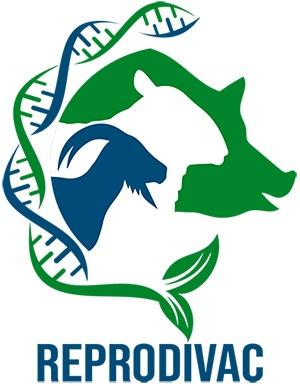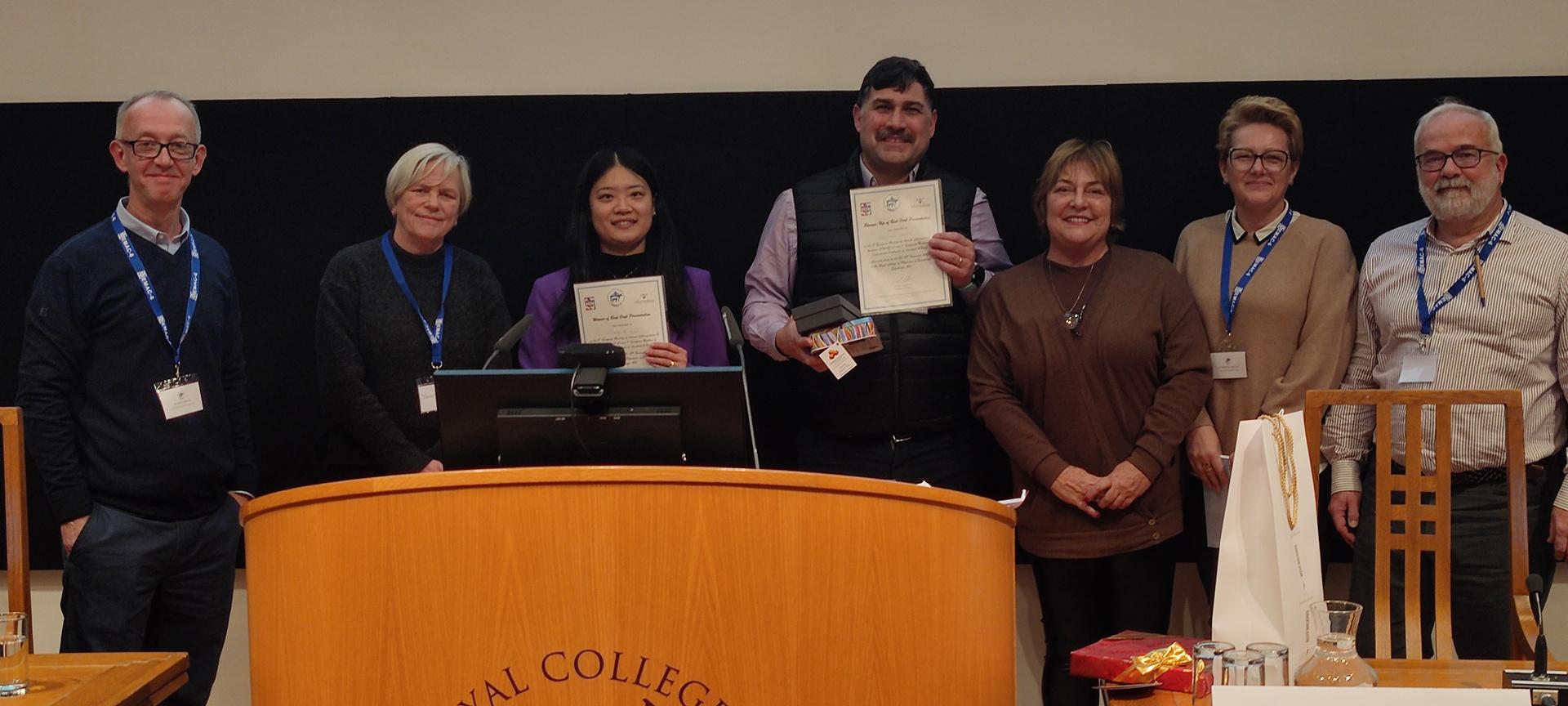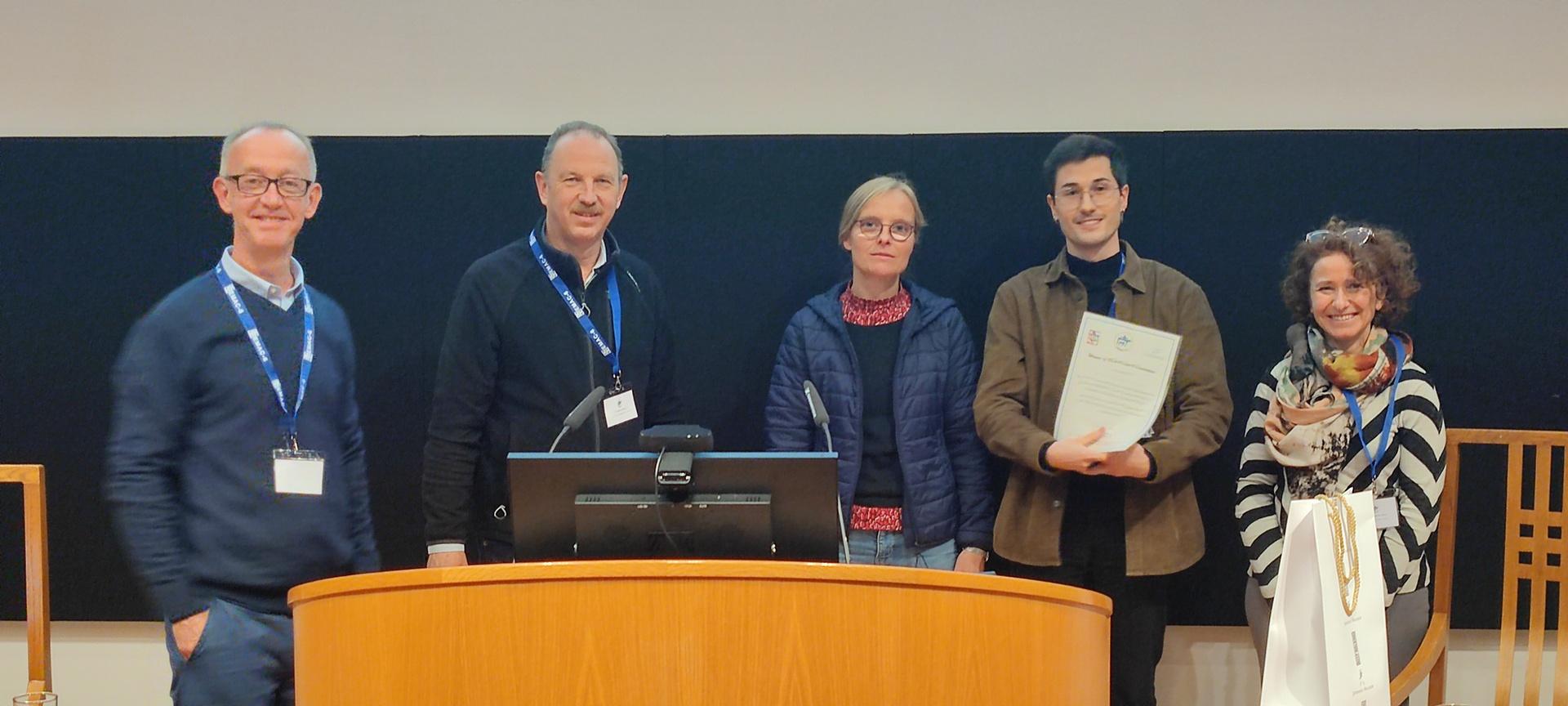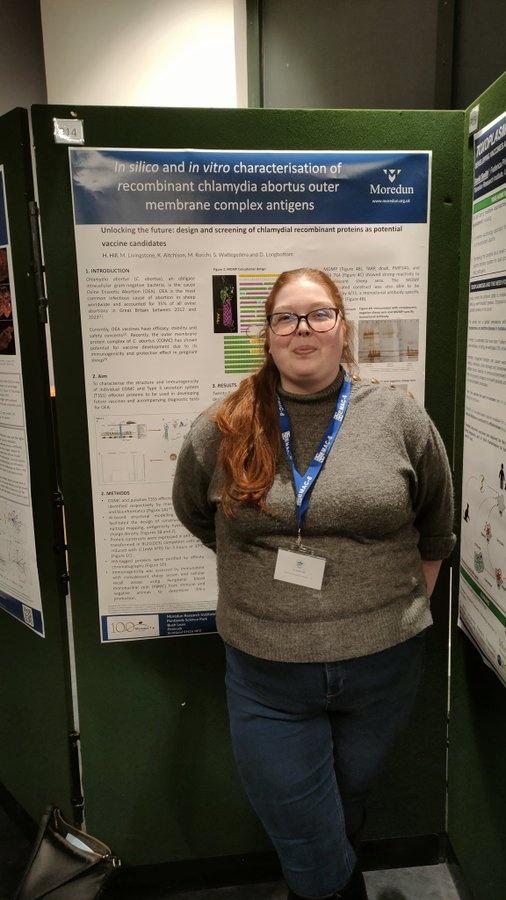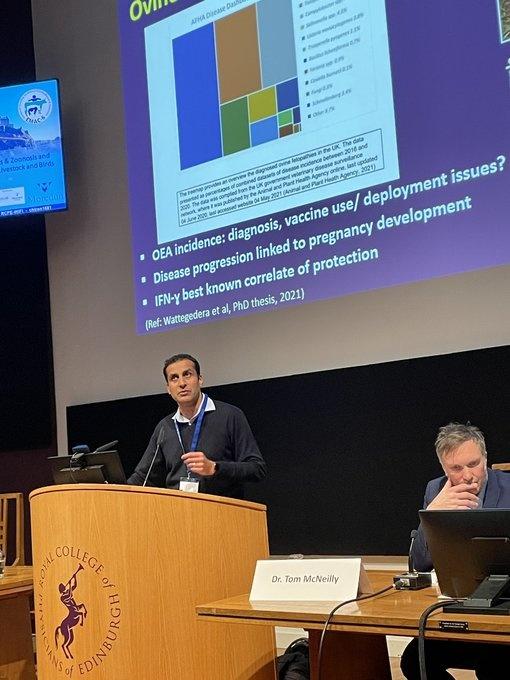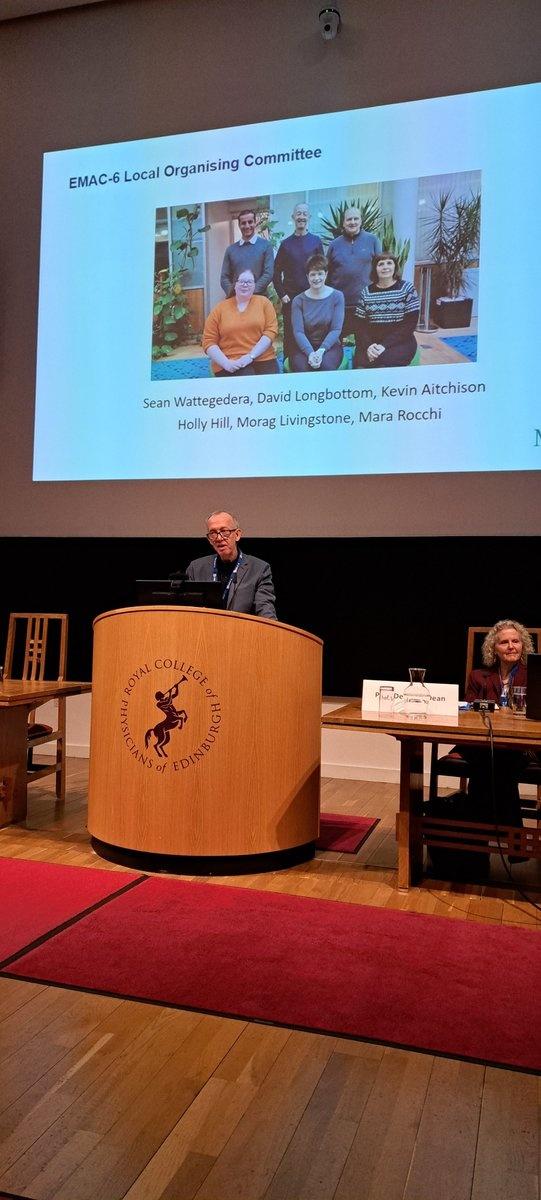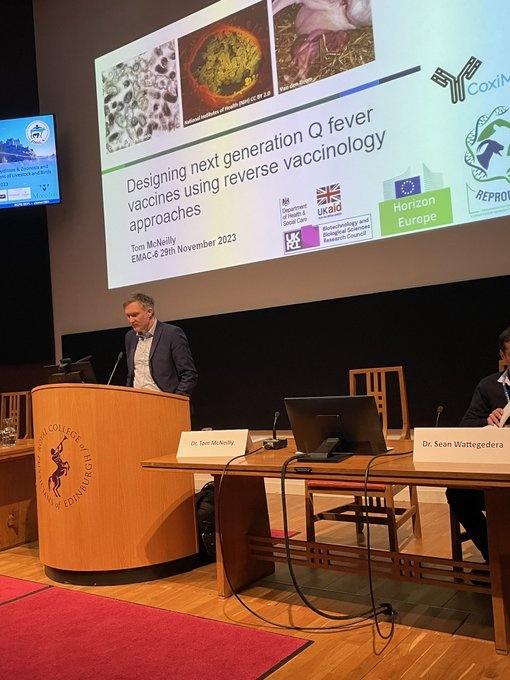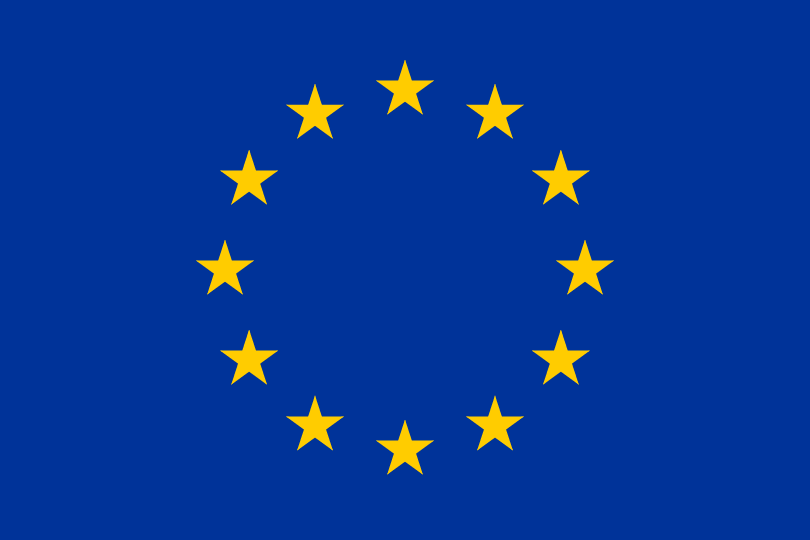REPRODIVAC - Next-generation vaccines and diagnostics to prevent livestock reproductive diseases of worldwide impact
News
6th biennial meeting of the European Society of Animal Chlamydioses and Associated Zoonoses at the Royal College of Physicians of Edinburgh in Edinburgh, UK from the 28-29th November 2023
The Moredun Chlamydia group, led by Dr David Longbottom, recently organised and hosted a very successful 6th biennial meeting of the European Society of Animal Chlamydioses and Associated Zoonoses at the Royal College of Physicians of Edinburgh in Edinburgh, UK from the 28-29th November 2023. The meeting which is the premier animal veterinary meeting for Chlamydia research in Europe, attracted scientists from countries throughout Europe as well further afield, including the US, Australia and China, and was expanded to include other veterinary intracellular pathogens of importance in livestock and birds, including Coxiella burnetii, Brucella spp, Porcine Respiratory and Reproductive Syndrome Virus and Toxoplasma gondii.
the PhD student Aitor Elizalde-Bielsa from UON lab won the best poster award for his presentation "Natural-host-derived cell lines to study Brucella wild-type and Rev1-vaccine strains intracellular trafficking”. While the PhD student Gaston Caspe from MRI won runner-up for best oral presentation for an early career researcher for his presentation "The immune response in the uteri and placentae of Chlamydia abortus-infected sheep is associated with pregnancy outcome".
REPRODIVAC has received funding from the European Union’s Horizon Europe research and innovation programme under Grant Agreement No. 101060813. Views and opinions expressed are however those of the author(s) only and do not necessarily reflect those of the European Union or other granting authorities. Neither the European Union nor the other granting authorities can be held responsible for them.
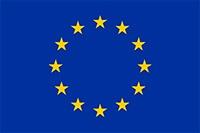
REPRODIVAC has received funding from the European Union’s Horizon Europe research and innovation programme under Grant Agreement No. 101060813. Views and opinions expressed are however those of the author(s) only and do not necessarily reflect those of the European Union or other granting authorities. Neither the European Union nor the other granting authorities can be held responsible for them.
